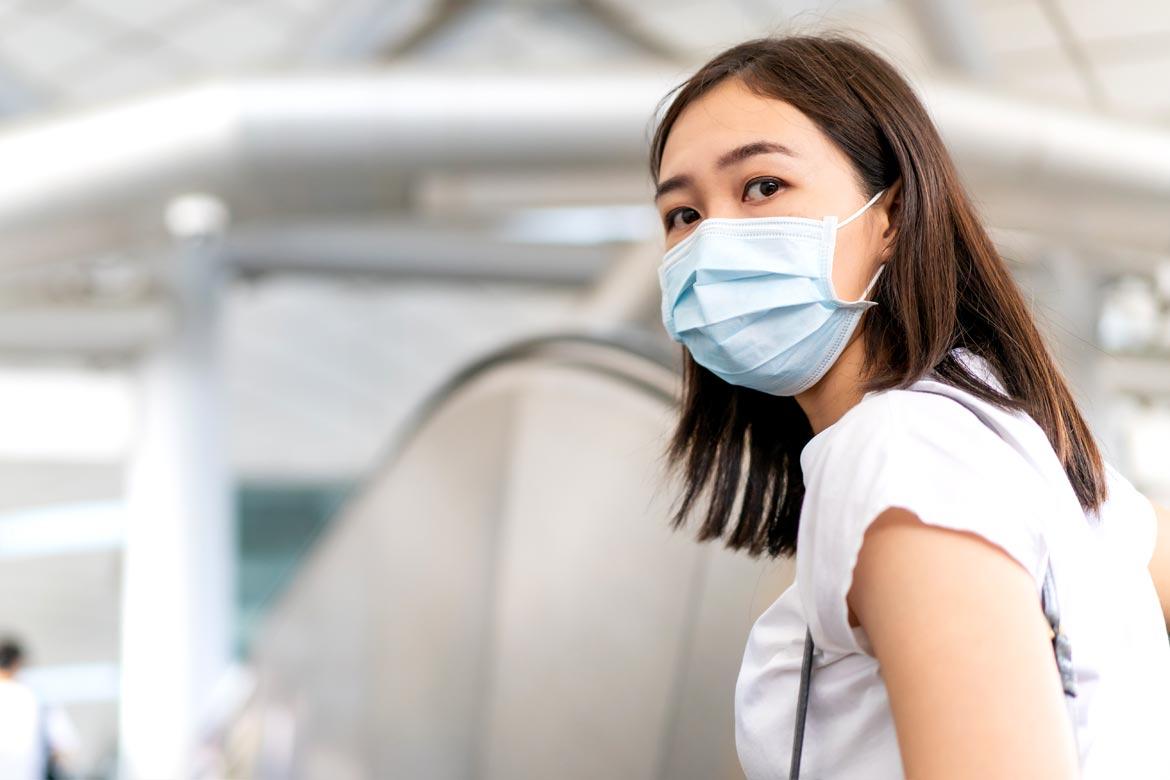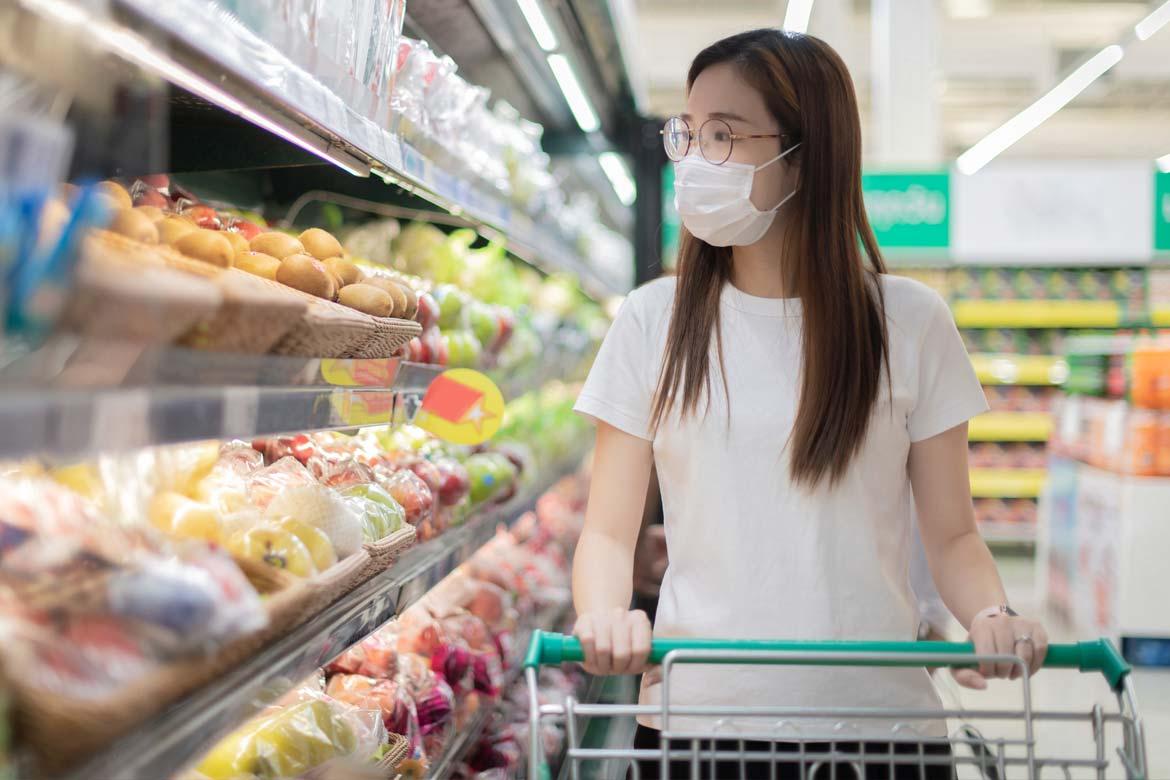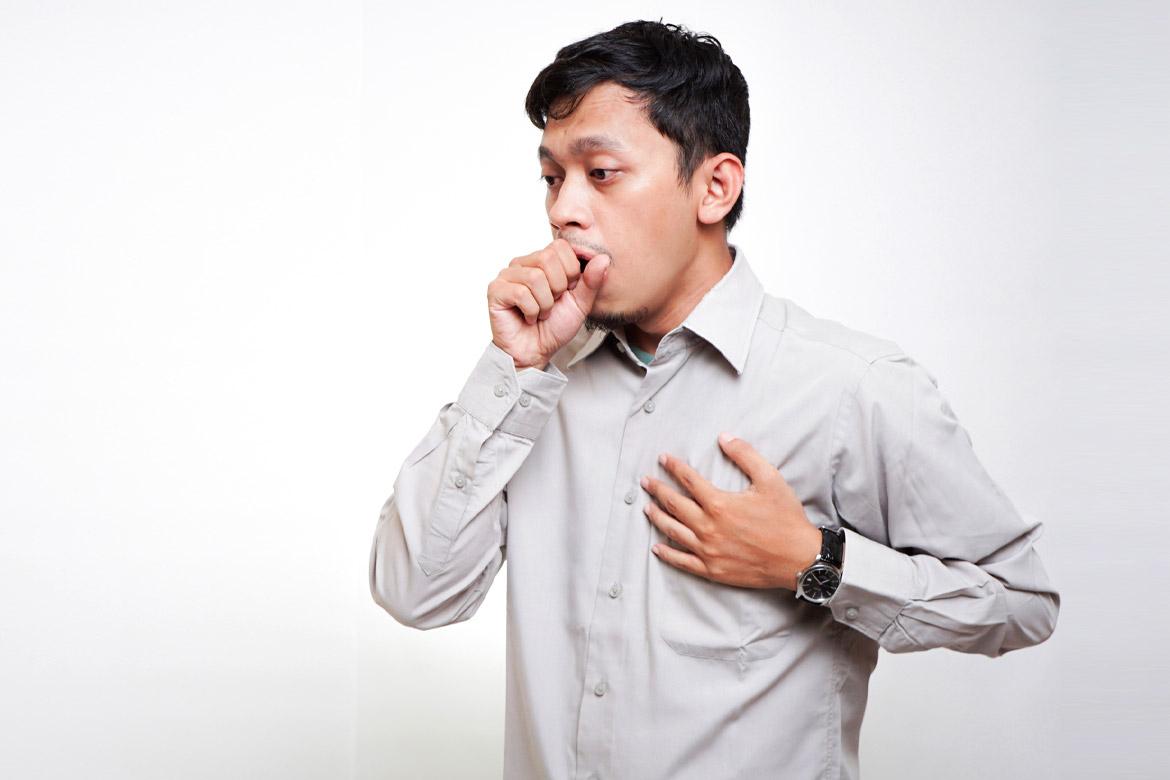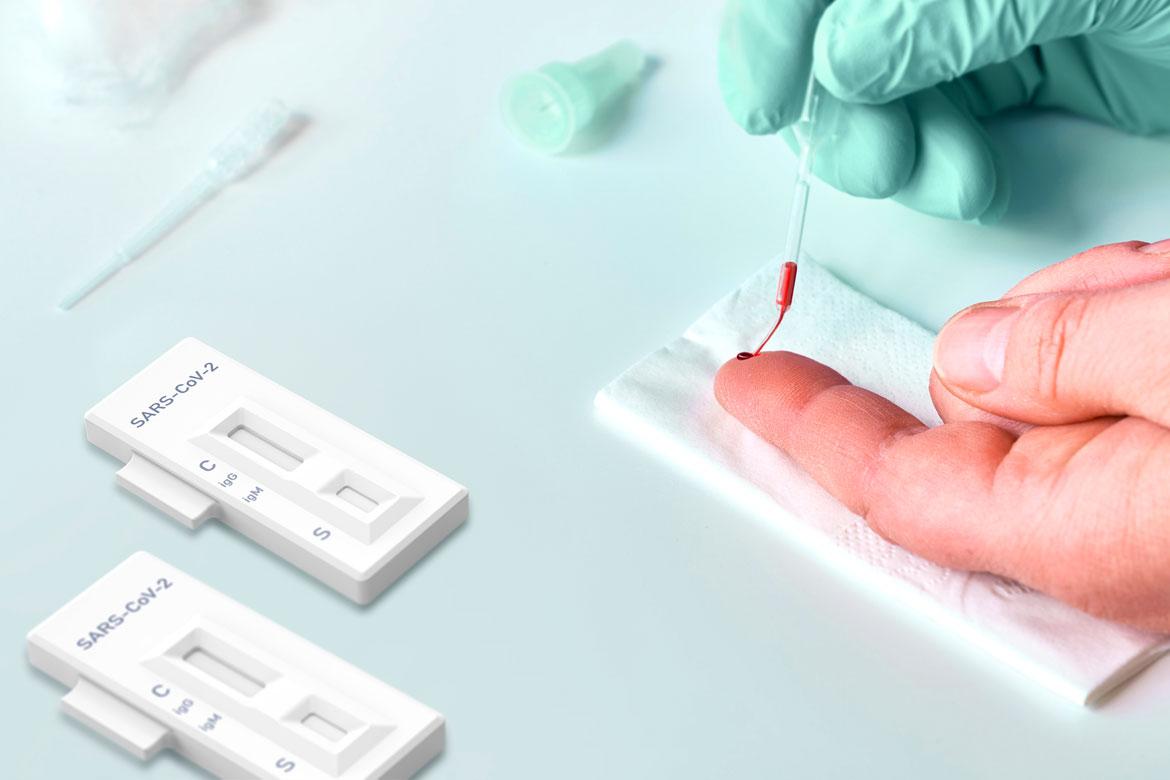-
-
Featured Care Areas

Coronavirus (COVID-19)
What is COVID-19?
Coronaviruses (CoV) are a group of viruses that can cause a wide range of illnesses including the common cold and pneumonia. COVID-19 is the infectious disease caused by a strain of coronavirus, SARS-CoV-2.
The first reports about this virus emerged in December 2019, and it was declared a pandemic by the World Health Organisation (WHO) in March 2020.
COVID-19 can be described as:
- Pathogenic (causes illness)
- Virulent (has harmful effects)
- Contagious (able to spread from one person to another)
COVID-19 can be a severe condition. It has caused millions of deaths around the world, as well as lasting health problems in some people who have survived the illness.
What are the symptoms of COVID-19?
Symptoms of COVID-19 include the following:
- Fever
- Cough
- Sore throat
- Muscle aches
- Breathlessness
- Anosmia (loss of sense of smell)
COVID-19 symptoms in children
Bring your child to the doctor if your child is:
- Under 3 months and has a rectal temperature higher than 38°C
- Immune-deficient or has a chronic disease and has a rectal temperature higher than 38°C
- Listless, seems very sick, and you have trouble waking them up
What causes COVID-19?
COVID-19 is caused by the SARS-CoV-2 virus, which is spread through droplets, contact and airborne transmission. It may spread through:
- Droplets. This is possible if the spit or saliva of an infected person lands on a person within 2 metres.
- Contact. If a person touches a surface with infectious secretions (such as a door handle or table) and touches their eyes, nose or mouth, they may be infected.
- Air. Small, fine droplets can remain suspended in the air for up to 3 hours. Therefore the risk of transmission would be greatest within 2 metres of an infected person, where the concentration is greatest. This risk decreases with distance. Airborne exposure is also affected by factors such as airflow, temperature, humidity and exposure to sunlight.
Recent scientific data suggests that transmission may occur even before an infected person shows symptoms. This is called pre-symptomatic or asymptomatic transmission.
What are the risk factors for COVID-19?
You are at risk for COVID-19 if you have been in close contact with an infected individual. The following groups of people are at higher risk of developing severe disease due to COVID-19:
- Older people (above 60 years old)
- Immunosuppressed patients
- People with the following health conditions:
- Serious heart disease
- Chronic lung disease
- Active cancer
- Diabetes
- BMI above 25 (unvaccinated) and above 30 (vaccinated)
What are the complications and related diseases of COVID-19?
In severe infections, COVID-19 can involve multiple organs and conditions:
- Pneumonia, which inflames your lungs and makes breathing difficult
- Heart problems, such as arrhythmias
- Kidney injury
- Liver injury
- Clots in blood vessels
Long COVID-19
Long COVID syndrome refers to residual symptoms that people continue to experience long after recovering from the disease. These symptoms may last for 4 weeks or longer.
In Singapore, about 10% of people (who were unvaccinated) may suffer from this. Overall, observations have indicated that occurrence of long COVID is reduced in those who are vaccinated.
Common symptoms of long COVID include:
- Cough
- Fatigue
- Joint pain
- Chest pain
- Shortness of breath or difficulty breathing
- Memory, concentration or sleep problems
- Worsened symptoms after physical or mental activities
- Fast or pounding heartbeat
- Dizziness when standing
- Muscle pain or headache
- Depression or anxiety
- Loss of smell or taste
- Fever
How do you prevent COVID-19?
COVID-19 vaccines reduce your risk of infection, severe illness due to COVID-19, and long COVID. This is because the vaccine allows our bodies to build an immune response to the COVID-19 protein.
In addition to vaccination, you should practise the following habits to avoid contracting and spreading COVID-19:
- Wash your hands regularly with soap and water. If it is not convenient to wash your hands with soap, use an alcohol-based sanitiser that contains at least 60% alcohol.
- Avoid touching any part of your face without first washing your hands.
- Wear a mask when you leave the house. This helps to prevent cross-transmission between infected and uninfected individuals. Please ensure your mask:
- Has a good fit over the nose, mouth and side of face
- Has good filtration ability
- Has at least 2 layers of breathable material (you should not be able to see through it when held against the light)
- Stay home if you have acute respiratory symptoms and seek treatment if you feel unwell.
- Avoid crowded places with big groups of people. It is important to limit contact with large groups of people and be mindful of who you come into contact with.
This coverage checker is brought to you by Health Insured, an online resource that helps you understand your health coverage in Singapore.
This page has been reviewed by our medical content reviewers.
Need help?
For enquiries, please call
+65 6377 3737
For appointment bookings, please WhatsApp
+65 8111 3777








